Menu
Do you have dry patches on your lawn? Before reseeding, it is advisable to familiarize yourself with different grasses, like fescue and Bermuda. Although these grasses grow on lawns across the country, knowing the differences can help you choose the most suitable for your yard. If you have scheduled a reseeding or planting project lined up, Driscoll Tree Service is the go-to tree care company for professional help. Leverage our extensive knowledge and expertise to determine the best grass type for your home.
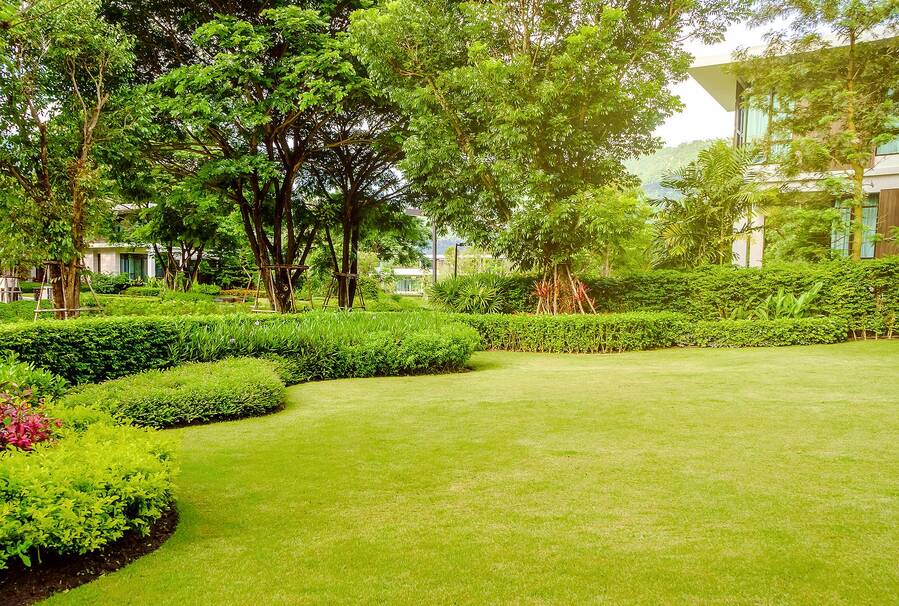
Bermuda grass is a popular option for warm climate areas, as it withstands extreme heat and drought. Tree service providers recommend Bermuda grass for Hardy Zones or lawns with a soil PH of 6 to 6.5. Before planting Bermuda grass on your lawn, schedule an inspection with a trusted tree service provider. This allows professional arborists to test your soil and account for vital factors like climate and hardiness zones.

Bermuda grass is popular because of the deep green hue that makes lawns look vibrant and lush. In addition, it can withstand high foot traffic, heat, drought, and excessive salt, making it an ideal option for yards in warm climates. As mentioned, consulting an expert before growing Bermuda grass is advisable to ensure a thriving landscape.
While there are advantages to Bermuda grass, it requires more maintenance. This means frequent weeding and watering to ensure it remains healthy. It would help if you also mowed regularly at about 1 ½ inches tall so your lawn doesn’t look shady. If you prefer a more hands-off approach to maintenance, consult a trusted tree care company for help.
Fescue grass thrives in cool climates but is also hardy depending on the environment. We recommend this type of grass for hardiness zones two through seven, as it can withstand colder temperatures. The long, complex root system strengthens fescue grass, allowing you to enjoy outdoor activities without damage. This cold-climate grass grows best in soil with a PH ranging from 5.5 to 7.5.
Fescue is a hardy, durable grass that withstands cold winters and hot summers. The deep roots provide sufficient anchorage, supporting high foot traffic without frequent maintenance. However, scheduling care and maintenance ensures your lawn is healthy throughout the year. Fescue grass grows in clumps, so mowing and watering are not conducted regularly.
Fescue grass requires minimal maintenance, which is an advantage and a downside. If left unchecked, this type of grass can grow several feet. It can look less vibrant in the summer, compromising curb appeal. If you want a healthy, appealing lawn year-long, consider hiring a professional for maintenance.
Now that you know the differences between fescue and Bermuda grasses, contact us at Driscoll Tree Service to help you determine the most suitable lawn. Our certified arborists account for sun tolerance, shade, appearance, sod and seed options, among other factors, to guarantee an appealing lawn.
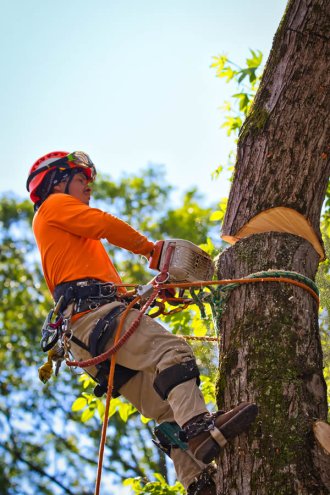
Hey there, Metro Atlanta neighbors! Whether you’re battling Bradford pears that shed like a husky in July or nurturing a century-old oak that’s seen more history than Peachtree Street, the tree care specialists at Driscoll Tree Service have some tips…
Read More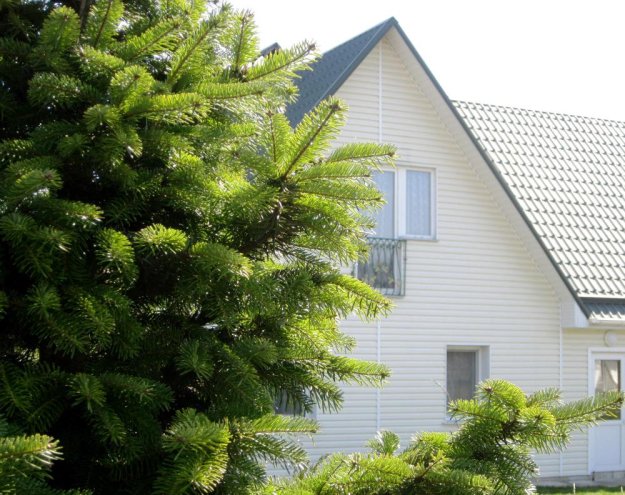
Trees and Your Home: Tips for Extending the Lifespan of Your Roof A well-maintained roof is crucial for any home, as it protects against the weather and maintains structural integrity. While trees can enhance property beauty and value, if they…
Read More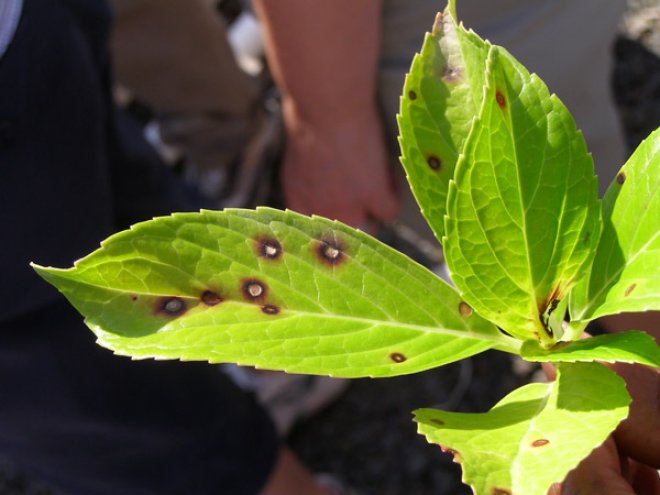
Brown or Black Spots on Tree Leaves As a homeowner, landscaping enhances curb appeal, safety, and property value. This includes scheduling routine inspections with a professional tree service provider. Trees provide many benefits to your home and the ecosystem, hence…
Read More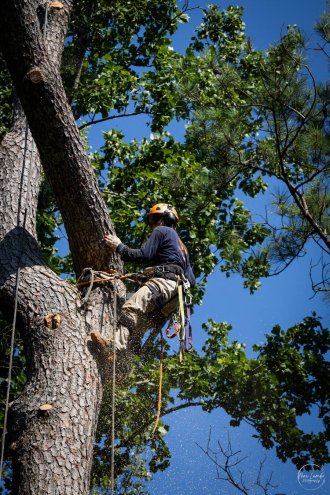
How to Support Tree Limbs Trees are majestic entities that offer many benefits, from shade and air quality to providing a habitat for wildlife. However, mature trees can become heavy or grow with weak attachments, leading to structural issues and…
Read More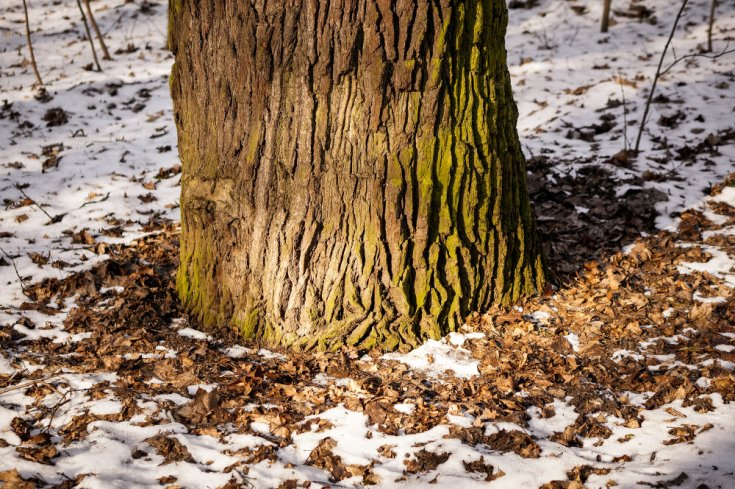
What Happens If Tree Roots Freeze? Wintertime isn’t just tough on plumbing and roofing; it is also brutal on trees. Tree roots can freeze when soil temperatures drop below 15°F or the water within the soil surrounding the roots freezes…
Read More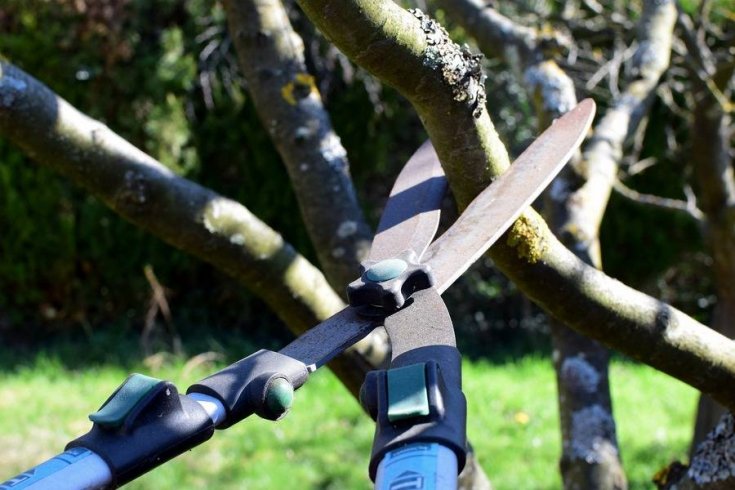
3 Commonly Used Tree Trimming Tools Trees offer many benefits, making them a valuable addition to any landscape. Like most living things, proper care is vital for growth and development, hence the need to schedule routine inspections with a professional…
Read More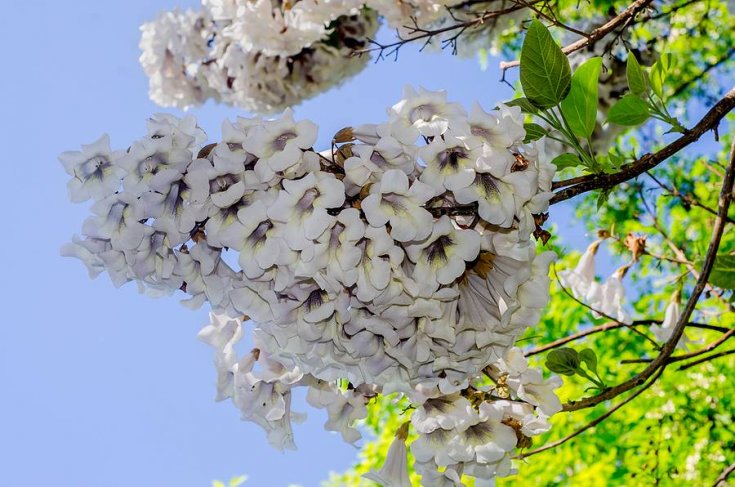
Georgia Guide to Growing Trees If you are a resident of Georgia, there’s no better time to grow trees than now. With over 100 tree species, it is one of the most diverse ecosystems in the United States. Before planting…
Read More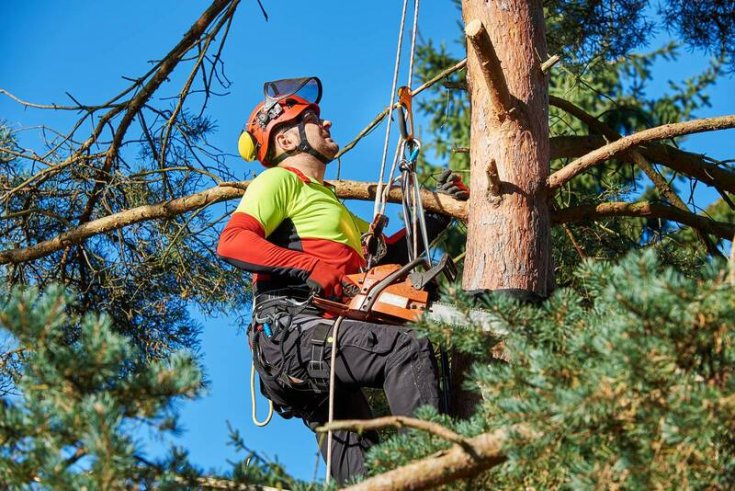
6 Tree Pruning Tools Pros Use When caring for your trees, there is no room for compromise. Professional arborists understand the importance of using the right tools for the job. Whether it’s trimming branches for aesthetics or maintaining the health…
Read More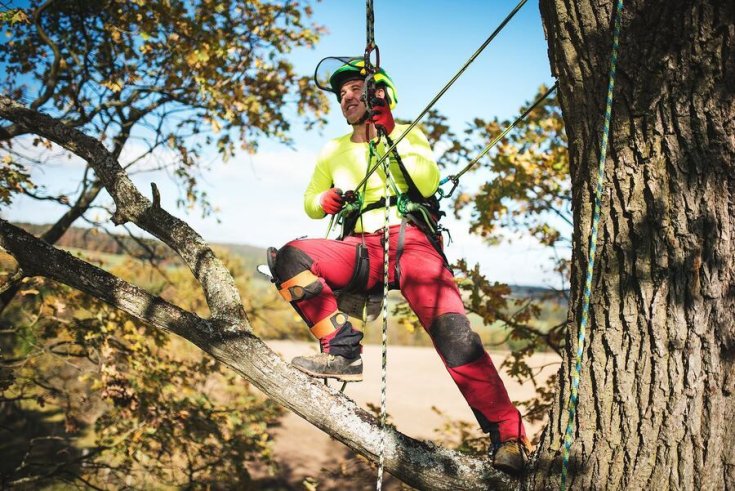
Tips and Techniques for Tree Removal Tree removal is a significant task that requires careful planning and execution to ensure safety and efficiency. Because of disease, hazard, or landscape redesign, proper techniques are crucial for a successful removal process. Driscoll…
Read More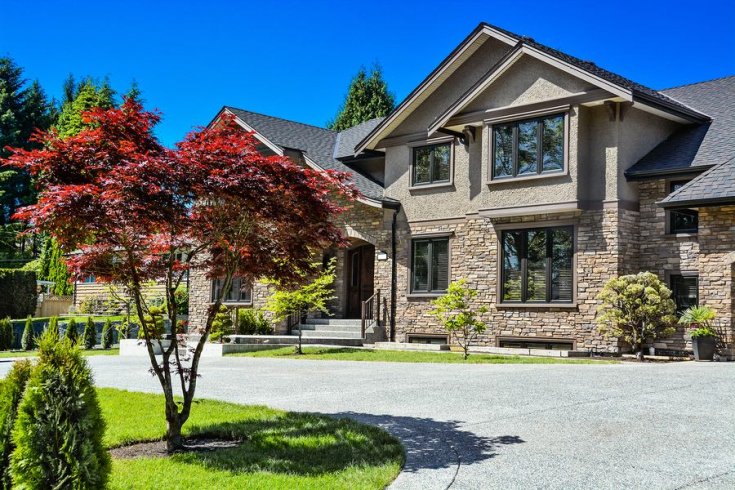
5 Tips to Maximize Your Curb Appeal First impressions matter, especially in your home. Whether you plan to sell your house or stand out in the neighborhood, enhancing your curb appeal is an excellent way to achieve your goals. As…
Read More